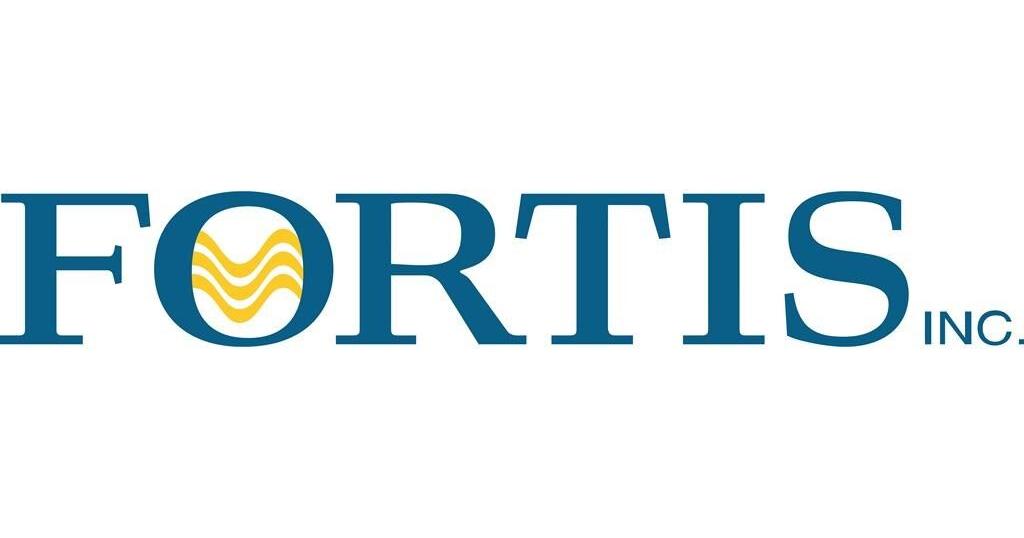Tim Hortons saw sales fall more than 40 per cent in the last two weeks of March as customers adjusted their daily routines and opted to stay home amid the COVID-19 pandemic.
The losses have slightly improved since then, with the coffee and doughnut chain’s parent company Restaurant Brands International reporting that sales have declined by more than a third as of the end of April.
RBI, which reported its first quarter results on Friday, saw comparable sales drop 10.3 per cent at Tim Hortons in the three month period ending March 31, the most among its three fast food chains. Comparable sales – a key metric in the retail industry – fell 3.7 per cent at at Burger King, while Popeyes saw sales surge by 26.2 per cent.
Similarly, Burger King saw sales fall by low-thirty percentages in the last two weeks of March, but recovered to a loss in the teens by the end of April. At Popeyes, sales were flat in the last two weeks of March, and have returned to pre-COVID-19 levels as of the end of April, in part due to the popularity of the brand’s chicken sandwich.
<p class="canvas-atom canvas-text Mb(1.0em) Mb(0)–sm Mt(0.8em)–sm" type="text" content="RBI’s stock (QSR) was down nearly 1 per cent as of mid-day trading on Friday.” data-reactid=”27″>RBI’s stock (QSR) was down nearly 1 per cent as of mid-day trading on Friday.
“As COVID-19 has spread, most our guests have put their ordinary routines on pause and consumption has shifted accordingly,” RBI chief executive Jose Cil said on a conference call with analysts Friday. Tim Hortons has seen a pronounced impact, he added, as it relies heavily on routine-based business.
“Breakfast, snacking, and other routine-based day parts have been disproportionately impacted across all of our businesses, and this dynamic is clearly illustrated in our results at Tims, and those of our coffee-oriented competitors in North America.”
Fast food chains around the world are grappling with drastically reduced demand as a result of the coronavirus pandemic.
Tim Hortons began adjusting its operations in response to the crisis in early March, when the coffee chain stopped accepting reusable cups. Shortly after, it had to pivot its marquee Roll Up the Rim contest to an all-digital contest, delaying the handout of nearly 2 million reusable cups and pulling 81 million paper roll-up cups from the market.
“It’s hard to quantify the final impact of the program on sales, given it coincided exactly with lockdowns beginning in Canada,” Cil said.
“But we saw a clear benefit from an all-digital promotion, which greatly contributed to the 1.5 million new app downloads and a significant increase in loyalty registration during the quarter.”
In mid-March Tim Hortons closed all its in-store dining, which represents approximately 40 per cent of the company’s business. RBI’s chief corporate officer Duncan Fulton said the decision has accelerated other ongoing initiatives at Tim Hortons, such as delivery and a new curbside pick-up feature in the company’s app.
“There’s been a very big shift in focus, certainly to drive thru, being our biggest channel, but delivery as well,” Fulton said. Before the crisis, 200 Tim’s locations were offering delivery. That number has now hit 1,100.
“I think the crisis, out of necessity, has made us rapidly advance our digital agenda to get to a place that we probably should have already been at.”
<p class="canvas-atom canvas-text Mb(1.0em) Mb(0)–sm Mt(0.8em)–sm" type="text" content="Sales at Tim Hortons have been a weak spot amid otherwise stellar results for RBI over the past year. In February, the company had announced a “back to basics” plan that refocused on its coffee, baked goods and breakfast business after a year that saw dozens of promotions and product launches contribute to lagging sales.” data-reactid=”37″>Sales at Tim Hortons have been a weak spot amid otherwise stellar results for RBI over the past year. In February, the company had announced a “back to basics” plan that refocused on its coffee, baked goods and breakfast business after a year that saw dozens of promotions and product launches contribute to lagging sales.
The plan included the rollout of new fresh brewer technology, a refreshed marketing campaign focused on highlighting the company’s coffee, and modernizing its drive-thru operations by introducing digital menu boards. Some of those projects, including the modernizing of the drive-thru, have since been put on pause as the company grapples with the coronavirus crisis.
“While we continued to make progress on key project during the first part of the quarter… the unprecedented impact of COVID-19 has caused us to press pause on many of these initiatives,” RBI’s chief financial officer Matt Dunnigan said on the conference call.
“We remain confident in the rationale behind each of our investment projects, and we’ll resume work once we are sure it is safe to do so.”
<p class="canvas-atom canvas-text Mb(1.0em) Mb(0)–sm Mt(0.8em)–sm" type="text" content="Download the Yahoo Finance app, available for Apple and Android and sign up for the Yahoo Finance Canada Weekly Brief.” data-reactid=”41″>Download the Yahoo Finance app, available for Apple and Android and sign up for the Yahoo Finance Canada Weekly Brief.



































